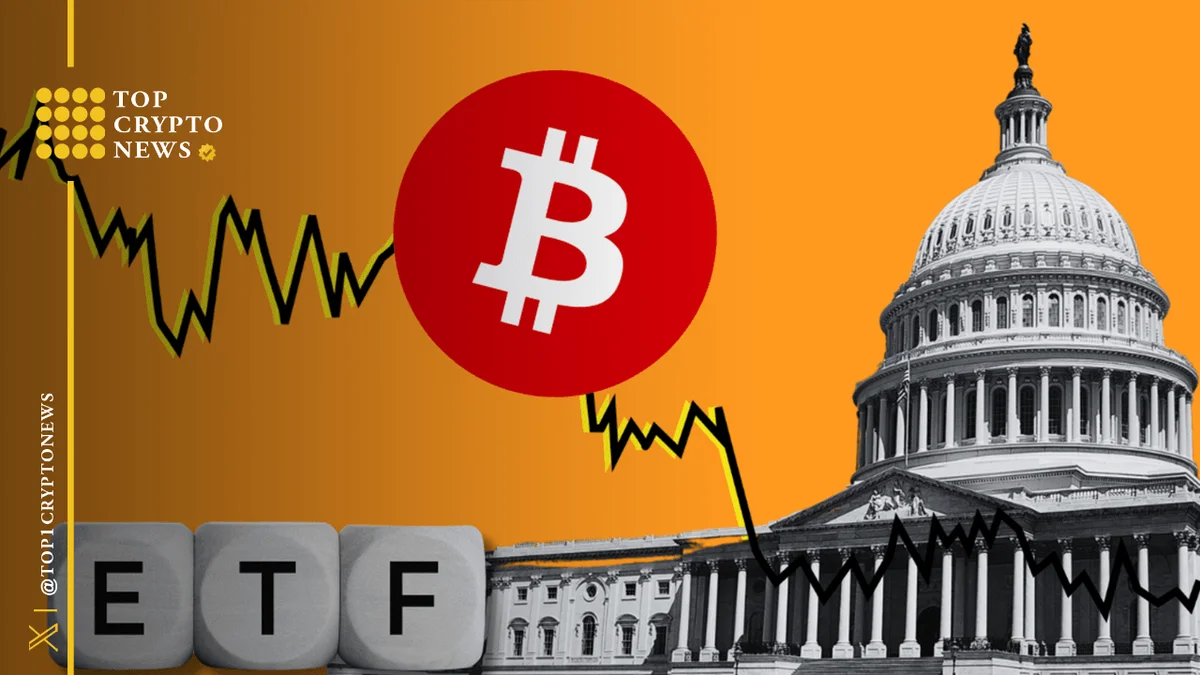
Bitcoin exchange-traded funds (ETFs) are finally getting ready to trade, starting as early as Thursday, following the effective registration statements from the Securities and Exchange Commission (SEC). This long-awaited approval process has left many wondering about the future possibilities for the cryptocurrency market. With the imminent launch of Bitcoin ETFs, experts are speculating on the potential billions of dollars in flows, the possibility of a spot ether ETF, and the changing regulatory landscape for crypto.
In the coming days and weeks, all eyes will be on the expected inflows within the first 24 to 48 hours. Anthony Rousseau, the head of brokerage solutions at multi-asset trading platform TradeStation, anticipates substantial to record-breaking flows, envisioning billions of dollars pouring into Bitcoin ETFs—an unprecedented achievement within the ETF realm. Furthermore, Rousseau warns that it is crucial to recognize the long-term implications for the Bitcoin market. With over $100 trillion in assets under management, financial institutions may allocate a portion of those funds to Bitcoin, following a process that could span several months.
However, some experts anticipate volatility in the market over the next few days. While spot Bitcoin ETFs are expected to track the underlying Bitcoin, their large size and the influx of new investments on the first day or two of trading may pose challenges in obtaining a significant amount of Bitcoin. Stuart Barton, co-founder at Volatility Shares, suggests that if $40-50 billion dollars are invested in these ETFs on day one, it might be difficult for advisors to acquire that amount of Bitcoin.
As the race for spot Bitcoin ETFs intensifies, multiple applicants have been reducing their fees in order to gain a competitive edge. BlackRock and Ark Invest/21Shares, for example, have lowered their sponsor fees for spot Bitcoin ETFs. However, the lowered fees raise questions about the profitability of launching such ETFs, according to Barton. This has led some to speculate about the possibility of some ETFs not launching on Thursday, with the potential for late launches or even cancellations.
Following the approval of spot Bitcoin ETFs, attention may shift towards spot ether ETFs. Nate Geraci, the president of investment advisor The ETF Store, expects a quick focus on these ETFs once the excitement from the Bitcoin ETF approval settles. Big-name firms like Fidelity and BlackRock have already applied for spot Ethereum ETFs in recent months. The launch of ether futures ETFs earlier also added fuel to the speculation. Geraci believes that the SEC’s difficulty in rejecting spot ether ETFs without facing another lawsuit, especially after the court victory for Grayscale, will influence their decision-making process.
While SEC Chair Gary Gensler has been critical of crypto, the approval of spot Bitcoin ETFs can be linked to the Grayscale opinion. Coy Garrison, a partner at Steptoe and former counsel to SEC Commissioner Hester Peirce, highlights that the judicial system plays a crucial role in reminding the SEC to operate within its statutory authority. Garrison suggests that the SEC’s stance on crypto under Chair Gensler may change only if a court demands it.
As Bitcoin ETFs prepare to enter the market, the crypto world eagerly anticipates the potential impact on flows, market volatility, and the possibility of further ETF offerings focusing on other cryptocurrencies like Ethereum. The regulatory landscape for crypto is evolving rapidly, and these developments are likely to shape the future of digital asset investments.
